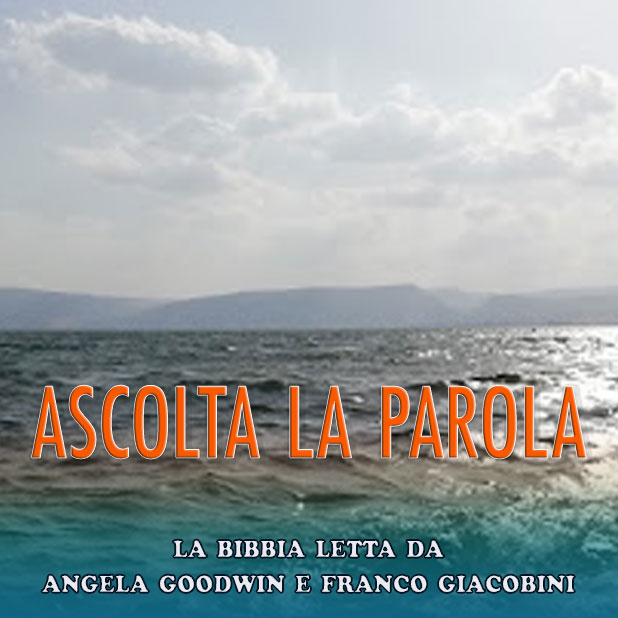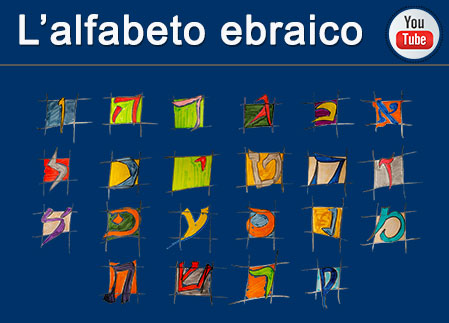International Jewish Committee on Interreligious Consultations
Israele 01/1975
We welcome the publication of the Guidelines for the application of the decisions of the Second Vatican Council in the area of Catholic-Jewish relations.We believe that these Guidelines, viewed in their entirety, as well as the recently announced establishment of a Commission on Relations with Judaism, will serve to encourage better understanding and improved relations between Catholics and Jews.
The urgent condemnation of anti-Semitism and discrimination could not be more timely, coming at a time when this ancient hatred is once again being exploited by the enemies of the Jewish people.
We wish to note that in certain countries Catholic-Jewish relations have progressed beyond the level envisioned in these Guidelines. In those countries, Catholic leadership has recognized that the admonition contained in these Guidelines « to learn by what essential traits the Jews define themselves in the light of their own religious experience » requires an acknowledgement of the central role of peoplehood in Jewish religious thought and of the consequent religious character of the historic attachment of the Jewish people to the land of Israel.
While these new Guidelines fail to take note of this important aspect of Jewish self-understanding, we are nevertheless encouraged by the suggestion in the Introductory Remarks that the « sobriety » of the Guidelines is not intended to put a brake on the more advanced manifestations of Catholic-Jewish relations.
The Guidelines constitute a document addressed to the Catholic community. It would therefore be inappropriate to comment on the implied theology of Judaism contained in this document, except to note that it diverges from Jewish self-understanding and thus underscores the theological distinctiveness of the two faiths. For Jews, the suggestion that Judaism look outside its own doctrine and dogmas for fulfilment, is not acceptable. Also, the affirmation of the obligation of Catholics to « witness » to their faith leaves unanswered the question of the compatibility of such witness with the admonition contained in the Guidelines that « dialogue demands respect for the other as he is; above all, respect for his faith and his religious convictions ».
The call for joint social action is particularly to be welcomed. It is perhaps the most promising area in which Christians and Jews can seek the closest cooperation in proclaiming the sanctity of the individual human being, in seeking to alleviate human suffering wherever it exists, and in the reversal of the disintegration of spiritual values and moral standards.
Because the Guidelines are an internal Catholic document, it should not be surprising to find in it suggestions for certain inter-religious activities — such as common prayer — which are religiously unobjectionable to Catholics, but which may be religiously unacceptable to certain segments of the Jewish community. This, however, in no way lessens the positive response that is to be expected from every segment of the Jewish community to this new effort at mutual comprehension and cooperation between the two faiths that is represented by the Guidelines.
Rabbi Joseph H. Lookstein, (American Jewish Committee) Chairman, International Jewish Committee on Interreligious Consultations, New York
Dr. Gerhart M. Riegner, Secretary General, World Jewish Congress, Geneva
Rabbi Henry Siegman, Executive Vice-President, Synagogue Council of America, New York
Rabbi Marc Tanenbaum, National Director of Inter-religious Affairs of the American Jewish Committee, New York
Dr. Joseph Lichten, Consultant, B'nai B'rith, Anti -Defamation League, Rome
Prof. Shemaryahu Talmon, Chairman, Jewish Council
for Interreligious Contacts in Israel, Jerusalem
117 visualizzazioni.
Inserito 01/01/1970
Relazioni Ebraico-Cristiane
Ultime novità nel sito
- 19/04/2020: Articolo - L’enigma della Maddalena
- 23/02/2020: Articolo - Il locus amoenus nelle catacombe ebraiche e cristiane di Roma
- 16/02/2020: Articolo - Il profetismo nel Vicino Oriente antico
- 13/02/2020: Articolo - I Profeti della Cappella Sistina
- 09/02/2020: Articolo - Gerusalemme e la Terra Santa di Israele


